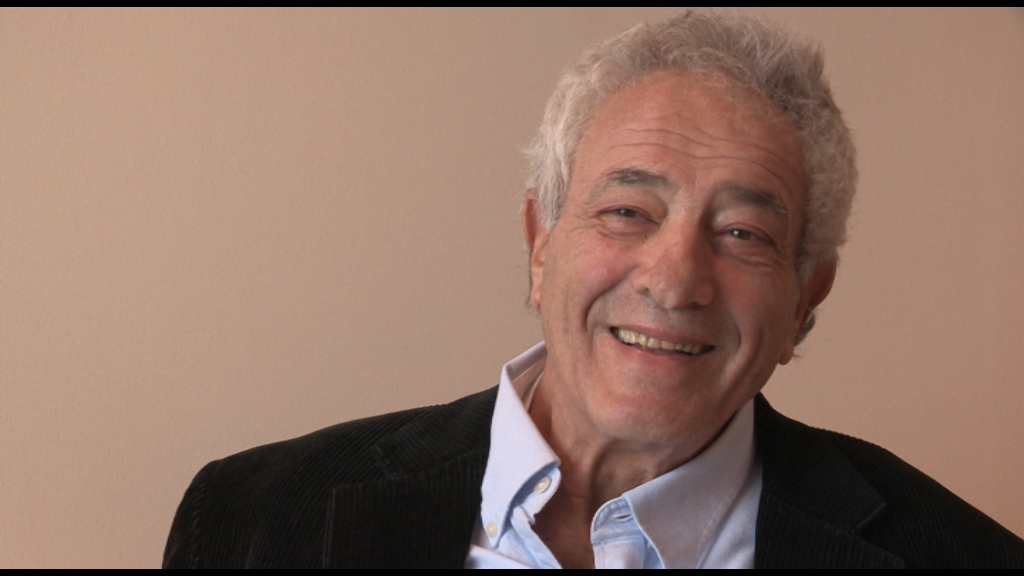NEXT STORY

'I have met the enemy and they is us'
RELATED STORIES

NEXT STORY

'I have met the enemy and they is us'
RELATED STORIES


|
Views | Duration | |
|---|---|---|---|
| 51. Getting a blasting from Ron Blass | 33 | 07:27 | |
| 52. Proud to be British | 23 | 02:25 | |
| 53. Publishing becomes political | 12 | 04:16 | |
| 54. Listening to the women in my life | 26 | 04:37 | |
| 55. Missing England | 31 | 06:57 | |
| 56. The future of book publishing | 36 | 02:06 | |
| 57. How to be a successful publisher | 22 | 03:14 | |
| 58. On being a 'great' publisher | 26 | 02:05 | |
| 59. My policy is to have no formal policy | 16 | 02:06 | |
| 60. Britain’s cultural imperialism | 20 | 03:15 |


People get your policy by your reactions to this and that and so on. You give answers. You provide leadership. You don't have to have a general statement, but people in Britain wanted it. And I came to think, well, if they want it, they may need it. Not perhaps in real terms, but in imagined terms: oh, this is what the boss has said. So I said something. But I did think I, by that time, after six months, I knew what the issues were. And I thought it was, sort of, useful for people to know what your positions were on production, on design, on paying advances, on overseas companies and whether they should publish books themselves or whether they should only be sales channels for British books all over the world. And that was the latter, was the way people thought in 1978 and for years afterwards, that the colonies were there to… the former colonies were there to, absorb the production from Britain. But Britain was not there to absorb the culture of New Zealand or Australia. It was to be a one-way commercial transaction, which of course had cultural overtones.
And perhaps I, as an American, or as a person who grew up with American thinking, our stance in America, whatever the untruth of that may be, is that we are anti-imperialist. We don't, and rarely did, conquer anything in order to rule it, which was not the way the French Empire was put together and not the way the British Commonwealth was put together.
[Q] What about the conquest of the Native Americans?
Well, I don't think that was a... You're right, but you weren't conquering a foreign country. It was an internal issue, but the rapacity was exactly the same. And... but I don't think, in the classic sense, it could be called imperialist.
Peter Mayer (1936-2018) was an American independent publisher who was president of The Overlook Press/Peter Mayer Publishers, Inc, a New York-based publishing company he founded with his father in 1971. At the time of Overlook's founding, Mayer was head of Avon Books, a large New York-based paperback publisher. There, he successfully launched the trade paperback as a viable alternative to mass market and hardcover formats. From 1978 to 1996 he was CEO of Penguin Books, where he introduced a flexible style in editorial, marketing, and production. More recently, Mayer had financially revived both Ardis, a publisher of Russian literature in English, and Duckworth, an independent publishing house in the UK.
Title: Britain’s cultural imperialism
Listeners: Christopher Sykes
Christopher Sykes is an independent documentary producer who has made a number of films about science and scientists for BBC TV, Channel Four, and PBS.
Tags: colonies, books, publishing, imperialism, culture
Duration: 3 minutes, 15 seconds
Date story recorded: September 2014-January 2015
Date story went live: 12 November 2015